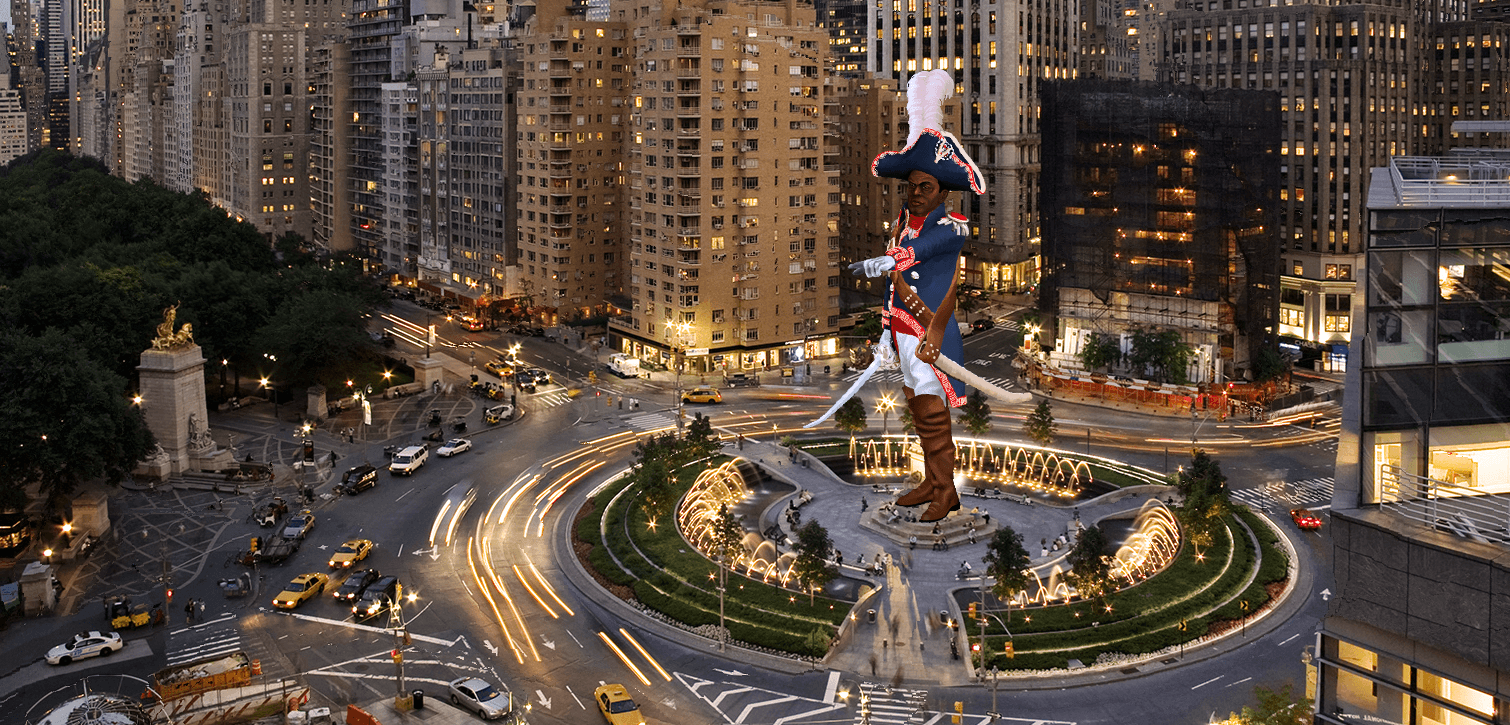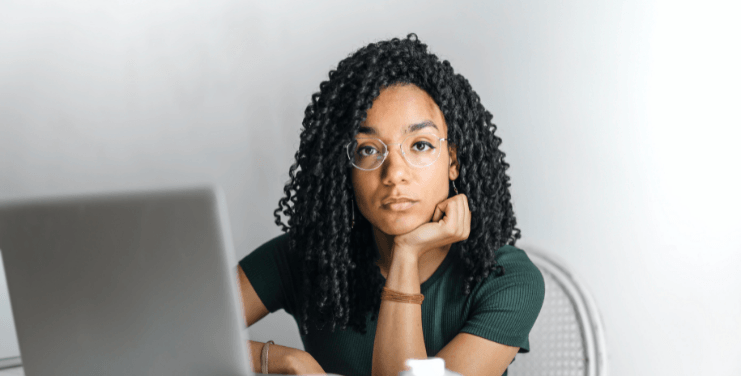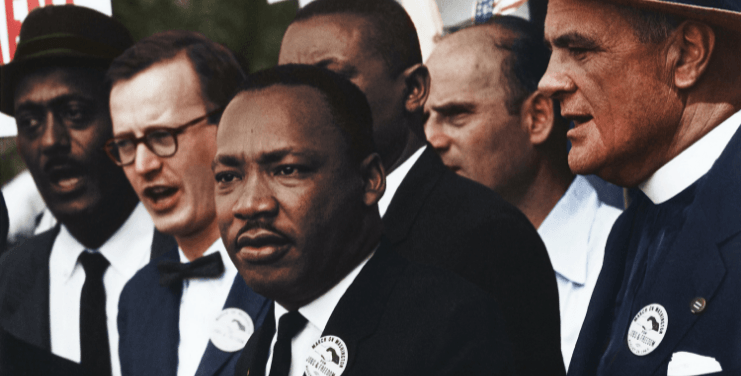For the second year in a row, conferences had to reimagine how to best serve attendees amidst the ongoing coronavirus pandemic. As video conferencing fatigue sets in, organizers are finding ways to host gatherings safely by providing hybrid virtual and in-person experiences, looking for a way to preserve the vital function of conferences that provide Black tech entrepreneurs and enthusiasts alike the necessary space to network and connect.
“The primary goal of our conference is to make sure that people can enjoy a safe, educational space,” Justin Samuels, software developer and founder of Render Atlanta, an annual engineer and developers conference, told The Plug. ”In order to make this happen, we are hosting this event at one of the largest conference spaces in Atlanta (The Gathering Spot) to be sure people can reasonably and comfortably social distance during our event.”
Having more than enough space for guests to keep six feet from one another is just one safety strategy for conference organizers. Samuels’ team partnered with Malawi Plant & Oil to administer Abbot Labs COVID-19 rapid tests to all guests, which is required at check-in for all attendees in an effort to eliminate transmission.
If a test comes back positive, the guest will be denied entry to the event and their ticket will be automatically held for next year’s conference. Testing each attendee costs Render Atlanta $85 per conference-goer, the cost is offset by remaining ticket cost that range from $500 to $800. As an added precaution, guests will also receive KN95 masks when they arrive, which they are required to wear except while eating or drinking.
“[We are] trailblazing the Covid protocol space to be sure large conferences and festivals can still gather with less stress about Covid,” Samuels said. The event, taking place from September 13-15, is expected to draw more than 300 guests. Samuels said revenue for the event has increased compared to last year in spite of having 100 fewer guests. He’s been able to increase revenue by gaining higher profile sponsors like Netflix and GitHub.
Testing each attendee costs Render Atlanta $85 per conference-goer, the cost is offset by remaining ticket costs that range from $500 to $800. Render Atlanta has chosen to exclusively offer conferences experiences in-person, unlike Afrotech which will host a series of events this fall, the largest conference will be hosted at the Oakland Convention Center from November 8-13 and will offer both virtual and in-person access to their annual event.
The media company will require face coverings, enforce social distancing and has enhanced sanitation protocols for high-touch areas. Some events have also shifted to outdoor venues for further safety.. One of the events, a music-focus conference in Austin for November 5, has already sold out.
But conference season has yet to face the highly contagious Delta variant, which has quickly become the fastest spreading mutation of the virus and is now responsible for the majority of new infections in the U.S., even among those vaccinated against the virus.
Black communities continue to be particularly hard hit by the virus. CDC data from June and July indicates that Black and African American people infected with the virus are nearly three times as likely to require hospitalization and twice as likely to die from the virus than white Americans.
For the foreseeable future, the coronavirus is here to stay, as such, everything, including gatherings, must adjust.
Disclosure: The Plug’s Founder and Editor in Chief Sherrell Dorsey is a moderator at Afrotech’s Executive event.








